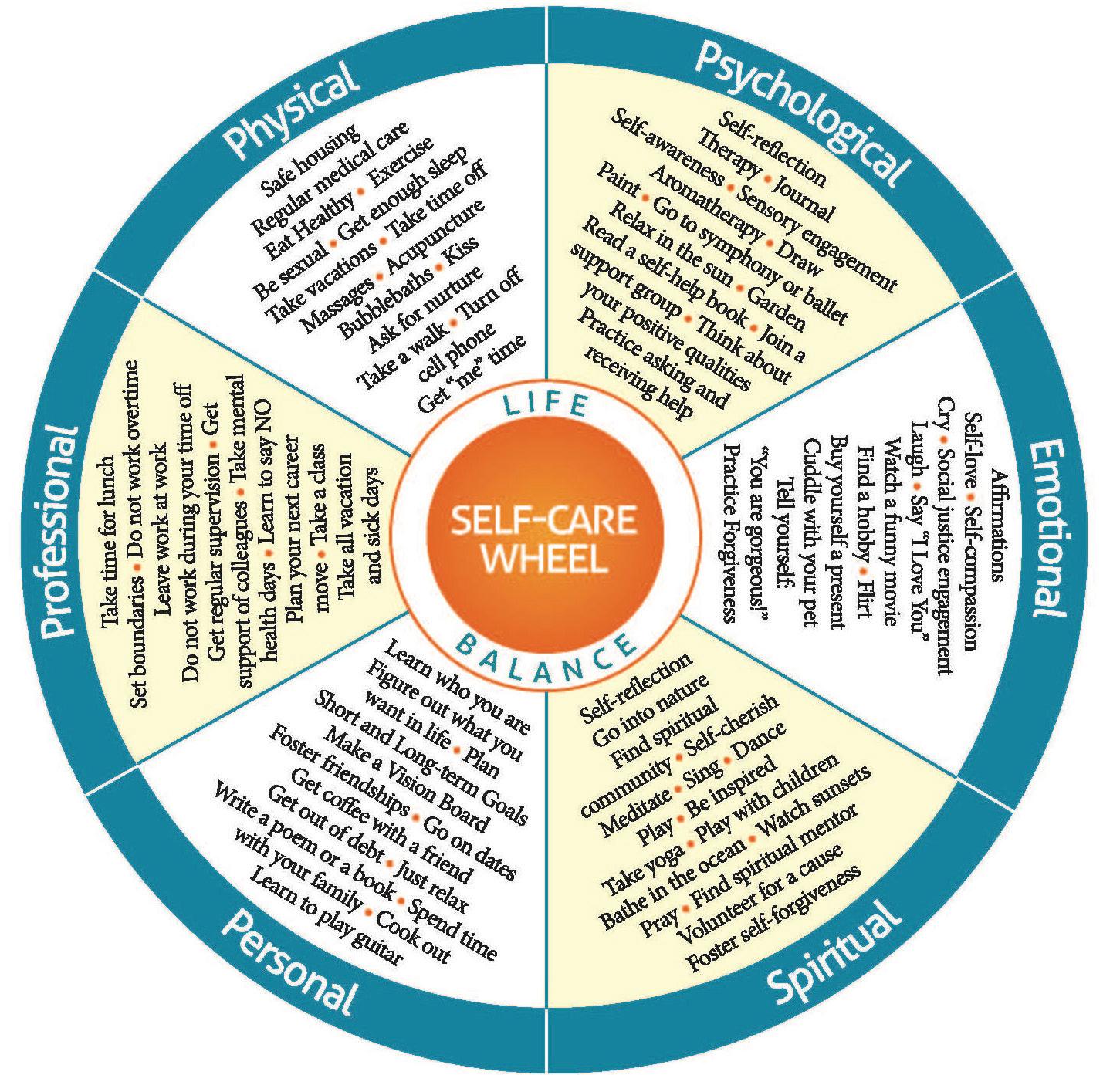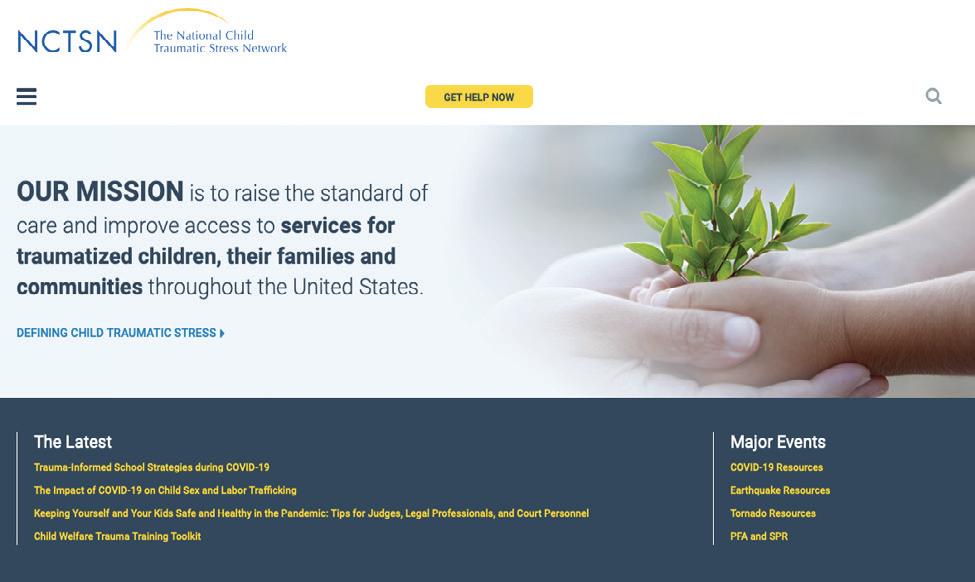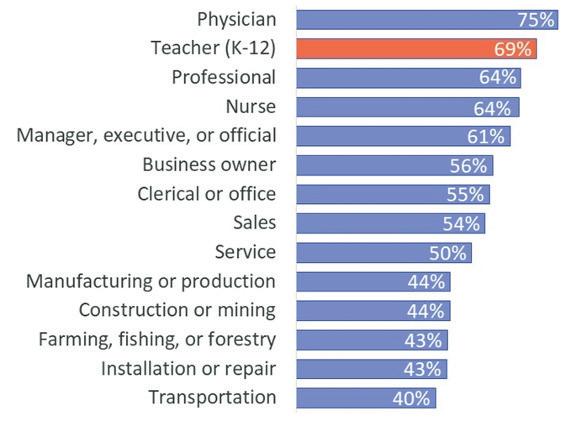Preparing for Interviews and Job Fairs
Top Ten Interviewing Tips From Recruiters Who Have Seen It All Erin Koebel, Victoria Dunlop, Michael Radage, Sarah McCluan Allegheny Intermediate Unit, Pennsylvania
I
nterviews are always stressful, right? Not necessarily. There are plenty of things you can do to put your best foot forward. Collectively, the recruiting staff at the Allegheny Intermediate Unit has more than 40 years of recruiting experience across varied industries and candidate experience levels. Even new teacher graduates can enter the labor market with confidence and set themselves apart from their competition during the hiring process. Find out how by checking out our top 10 tips for successful interviews. 1. Know Your Resume Be able to speak concretely and specifically about the experiences and certifications you identified on your resume. Often you won’t have a copy of your resume in front of you, which means you need to study what you presented when applying for the position. Don’t expect your education and experiences to speak for themselves. Candidates who can demonstrate how their education and prior experiences have prepared them for their chosen profession can set themselves apart as a candidate worthy hiring consideration. 2. Do Your Homework You applied to the position because you want the job. Do your homework and research the organization or school district. Study the job description and compare it with your resume. Know how you qualify for the position and make sure that you identify examples that highlight how your prior experiences are relevant to the position. Be careful of the acronyms in the position description. You may be asked about them and need to know what they mean. 3. Don't Be Late Life is full of unexpected surprises. We cannot always predict the weather, traffic, or road closures. Be sure to take a dry run from your home to the interview location to make certain that you know where you are going. Build extra time into your commute to allow for unexpected travel incidents. Showing up late to an interview does not create a positive impression with the interviewing panel and could cost you the job. At some organizations, if you are late, the interview is over and the job is gone. If an emergency arises that requires you to reschedule or cancel your interview, contact the recruiter as soon as possible. Also, know that the interviews can take longer than you think, so do not be in a rush to leave too quickly.
4. Be Prepared Remember to have copies of all the information requested as part of the application packet on hand when you arrive for your interview. School districts and intermediate units move quickly and may call you shortly after an interview to extend an employment offer. 5. Clean Up Your Social Media Remember those “funny” photos and comments that you have posted over the years? Well, they’re probably 60 American Association for Employment in Education
not so funny anymore. It can take up to six months for some of the questionable images and comments that you posted online to be removed from Google and other search engines. Plan in advance and give yourself at least six months to start cleaning up your digital footprint. Make sure to search yourself using a variety of search engines and comb through all posted photos, videos and comments. Questionable pictures and comments will definitely hurt your ability to land the job, so start early. Remember, when your post is not discreet, do yourself a favor and hit delete. 6. Dress for Success Now that you’ve taken positive steps to secure your online presence, don’t hurt it by appearing unkempt and ungroomed at your interview. Education is a conservative industry. Keep that fact in mind when preparing for the interview. Facial piercings and uncovered tattoos may be off-putting to the interview panel, so keep that in mind when getting ready for the big day. If you plan to bring examples of your lesson plans, make sure to dress up your portfolio as neatly as you dress yourself. Candidates with messy portfolios or out of order papers do not impress hiring panels. 7. Plan Your Questions The questions you ask during the interview highlight how much you have prepared. Draft questions that highlight your level of interest in the position and your level of preparation. Asking questions that can easily be answered from a district’s website demonstrate that you have not researched the organization and causes interviewers to question how serious you are about working in their district. For example, asking, “What is your strategic plan?” indicates that you did not appropriately research the school or district because strategic plans are almost always available for public review on the school’s website. On the other hand, the question “I see that you recently incorporated a technology initiative into your comprehensive plan. Does your district have a forum through which teachers can share their experiences with integrating technology into lesson plans?” demonstrates that you have taken the time to learn about the organization. 8. Create an Elevator Speech Take a page from the private sector and draft a 30-second speech that effectively communicates who you are and what value you bring to the table. The goal of an elevator pitch is to market your skills to a potential employer. Plan out in advance what you want to say and practice it so that you can deliver the elevator speech in a natural and conversational manner. Be sure to incorporate examples into your speech that highlight your skill set and the experiences you are bringing to the table. When delivering your message, be aware of your body language. Smile and deliver your message in a warm and confident manner.































